2021 Chemistry for Climate Action Challenge – Top 5

We believe that chemistry plays a critical role in developing a sustainable future. Chemists have a special responsibility to develop those new products, resources and processes to make that happen. After 5 successful editions of the Elsevier Foundation Green & Sustainable Chemistry Challenge, and thousands of proposals from around the world, we are proud to re-launch as the Chemistry for Climate Action Challenge.
We’re proud to announce the top 5 contestants, who will join the 6th Green and Sustainable Chemistry Conference virtually (16-18 November 2021) and will pitch their proposals to the scientific jury.
- Brenya Isaac, for his proposal entitle “Biodegradable building and packaging materials made from coconut waste”
- Pham Hong & Dinh Van Khuong, for their proposal entitled ” Producing Nano filter and bio-degradable plastics from rice straws”
- Elaine Gabutin Mission; Dann Diez; Kathleen Aviso & Maria Jose Cocero, for their proposal entitled “Mangrove Rehabilitation x Biorefinery: Capturing valuable molecules from underutilized mangrove fractions via high pressure process for advanced polymer synthesis [MaSH-APS]”
- Kevin Kung, for his proposal entitled “Trash is cash: Decentralized technology to upgrade crop and forest residues (biomass) in remote communities”
- Yanet Tibaire Villasana Aguilera; Carlos Navas; Carolina Montero; Joaquin Brito & Thibault Terencio, for their proposal entitled “BioNanoCat: CO2 reduction to ethanol using a nanobiogenic catalyst prepared with an ancient indigenous plant
Meet our finalists
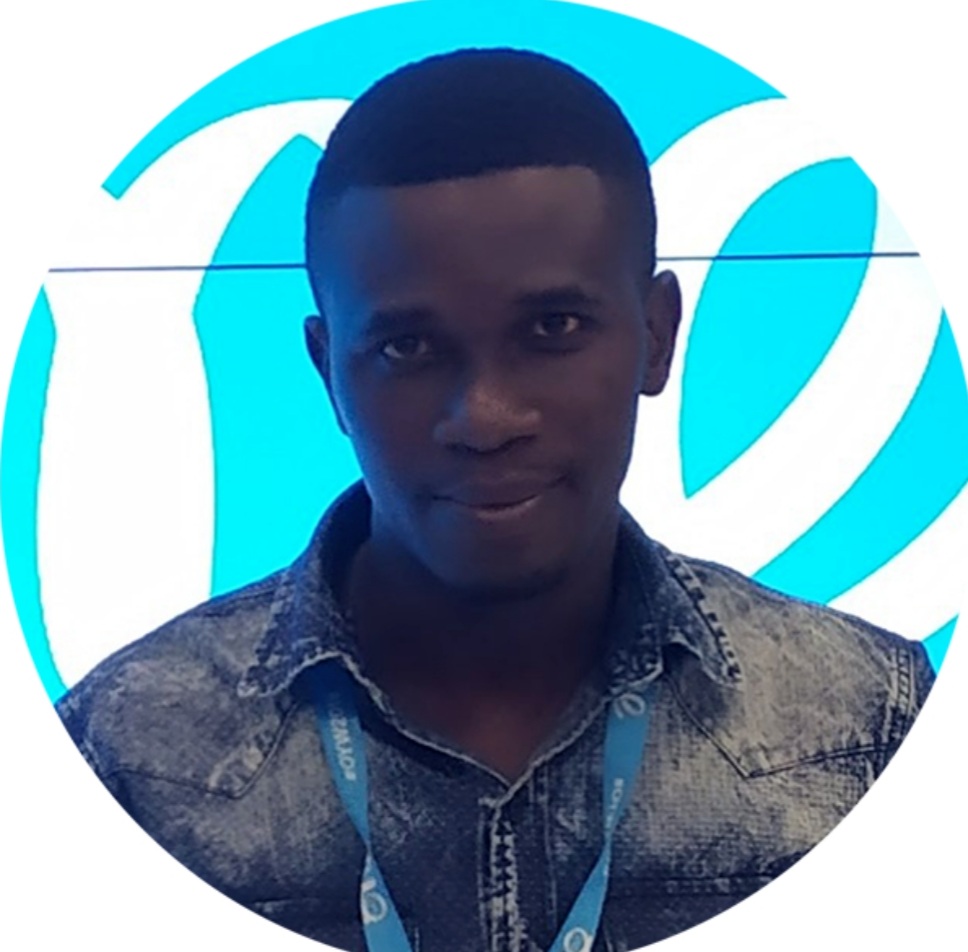
Brenya Isaac is the Co-founder/CEO of Ecovon, an ecologically-focused startup that engineers building materials out of sustainably-sourced coconut husk and sugarcane bagasse. He is a former finalist for the Switch Africa Green Starter Award, SAG-SEED Awards 2017, Tony Elumelu Foundation scholar 2018 and participant of Ghana Climate Innovation Centre, Think Beyond Plastic Innovation accelerator 2020, Pursuit accelerator 2020, and others.
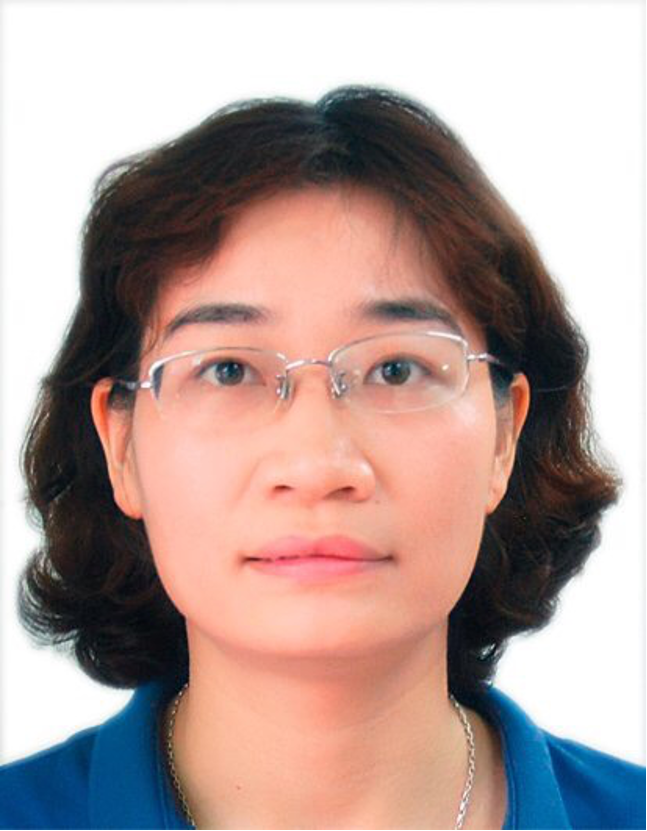
Pham Thi Hong is lecturer in Environmental Technology at Thuyloi University, Vietnam. Mrs. Pham has ten years of experience working in reducing climate change effects. She is chartered as environmental engineer whose research interests in the areas of innovative and practical projects which will be potentially applied for the community in terms of environmental remediation and recovery.
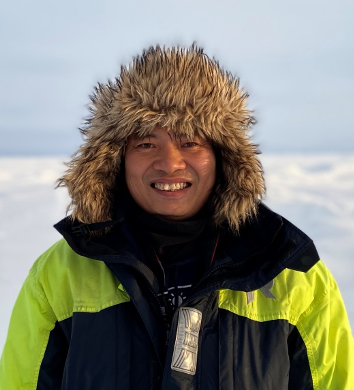
Dinh Van Khuong is an early career scientist in the field of global change biology and sustainable development. Over the last 10 years, Dr. Dinh has devoted his endeavor in many studies to access evolutionary adaptations of species from the Arctic to tropical ecosystems to climate change. He has been awarded prestigious awards and grants and a research fellow of H.C. Ørsted cofunded by Marie Skłodowska Curie Actions (EU-Denmark), British Ecological Society (UK), and a Young Research Talent of the Research Council of Norway.
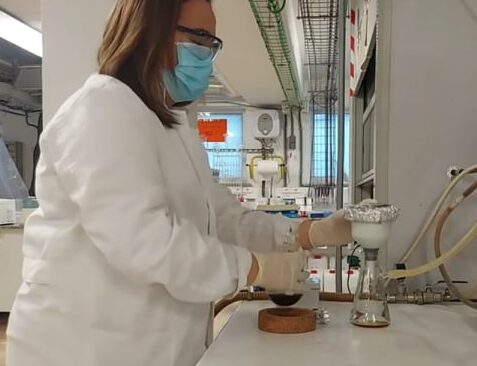
Elaine Gabutin Mission is a chemical engineer from the Philippines. In 2018, she obtained her Ph.D. in Advanced Technology (major in Applied Chemistry and Biochemistry) from Kumamoto University, Kumamoto, Japan. Her research revolved around the depolymerization of natural biopolymers (cellulose and fucoidan from macroalgae) into fermentable sugars using water in subcritical conditions as the sole solvent with the synergy of microwave irradiation and graphene-based carbocatalysis. Her work established the microwave-carbocatalysis synergism, as reported in papers published in first quartile (Q1) journals.
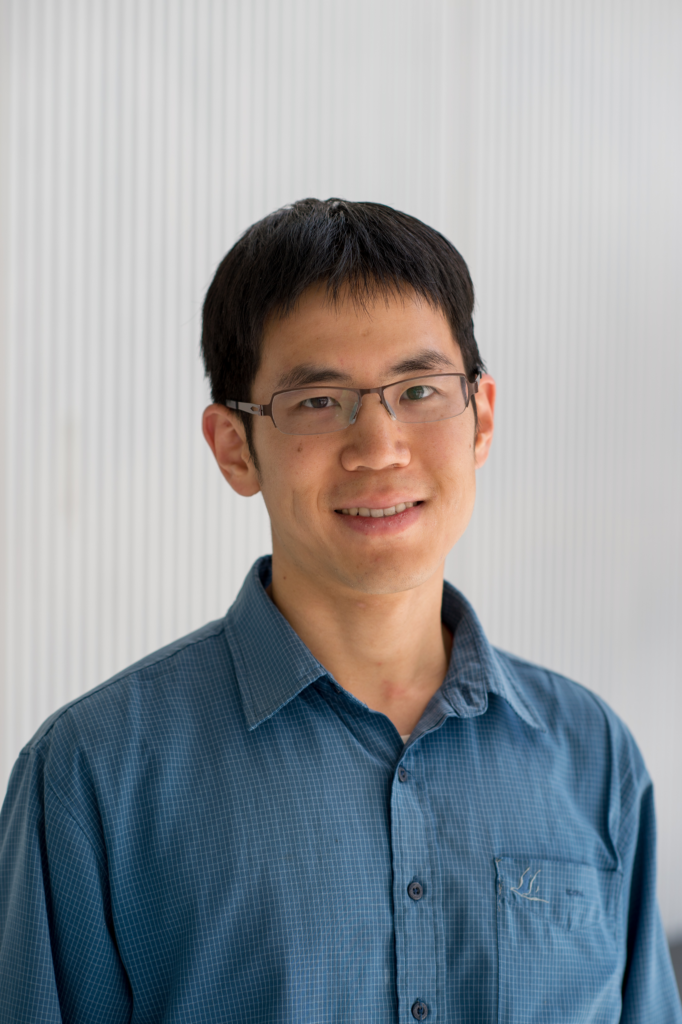
Kevin Kung is the co-founder and CTO of Takachar. From 2012 to 2017, Kevin built Takachar’s core technology as part of his Ph.D. research in the field of biofuels and renewable energy at the Massachusetts Institute of Technology. Prior to that, Kevin had six years of experience conducting engineering design in resource-constrained settings, including borehole restoration in Uganda, interlocking stabilized construction materials in Ghana, and renewable energy systems in Kenya and India. In 2015, Kevin co-founded a company (Safi Organics) in Kenya that produces carbon-negative, high-yield fertilizer from crop residues, improving farmers’ harvest yields by 30 percent. He helped grow the company to 10 full-time employees, 5,000 customers, and financial breakeven. Kevin is the holder of three patent applications and 18 scientific publications.
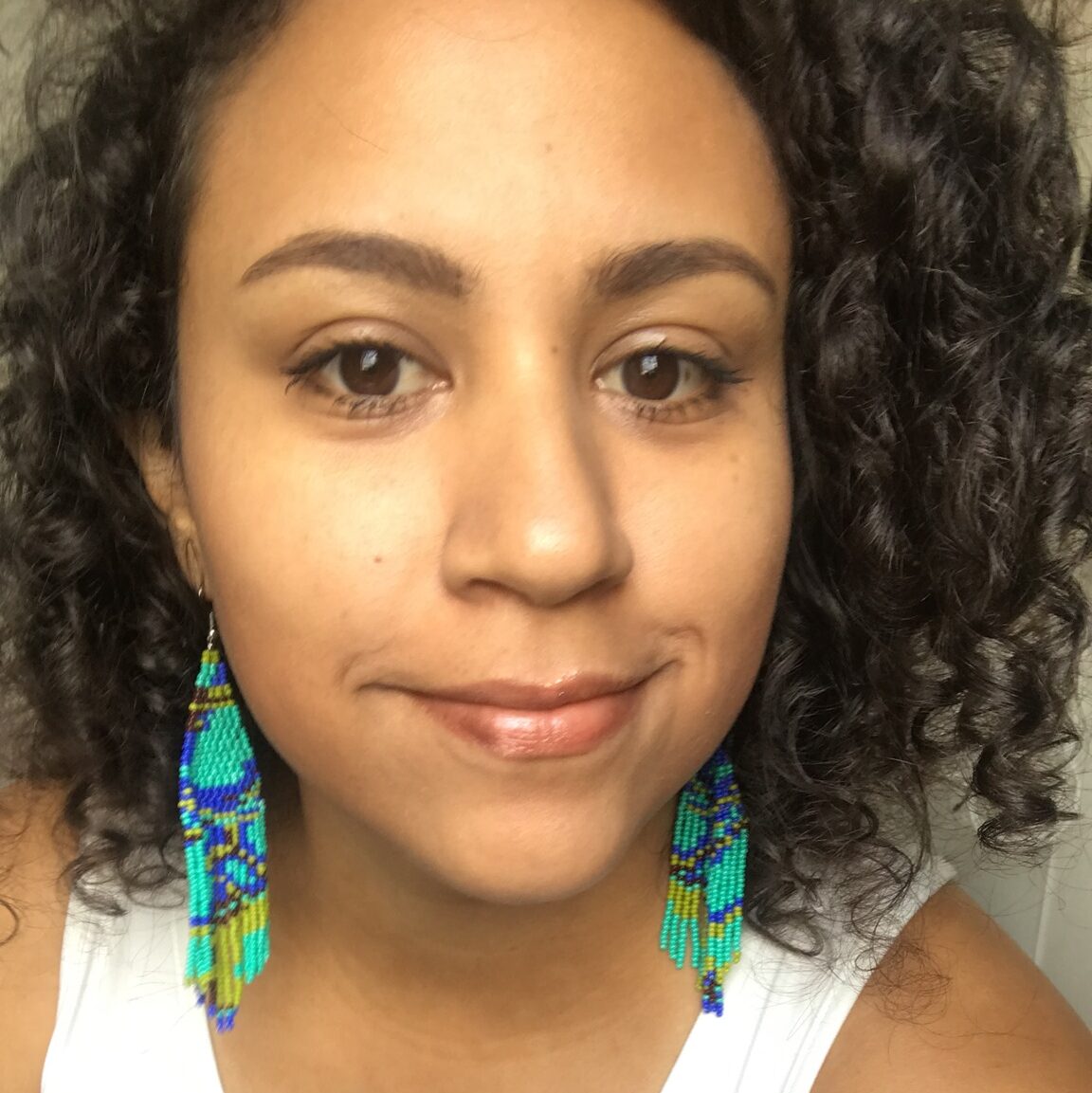
Yanet Villasana graduated in Chemistry from the University of Carabobo in Venezuela in 2007 and PhD in Sciences (Chemistry) from the Venezuelan Institute of Scientific Research in 2015 in the area of catalysis for the reduction of pollutants in oil. That same year, motivated by the diversity of the 93 thousand hectares of Colonso Chalupas Biological Reserve surrounding the Ikiam Amazon Regional University she moved to the Amazon rainforest of Ecuador to continue her career in the Academy and contribute to the consolidation of this nascent institution and the training of students from the surrounding indigenous communities. To date, she has directed basic and advanced courses in inorganic and aquatic chemistry with a cross-cultural approach and for careers such as Engineering in Water Sciences, Geosciences, Biotechnology, Ecosystems and Education in Experimental Sciences, work that has been a source of institutional recognition. In 2019, Prof. Villasana founded the Biomass to Resources Group and the Biomass Laboratory and, for her leadership, was appointed as Postgraduate Director from March 2021. She has been a speaker at more than 57 scientific events and author of 18 relevant works. She has also participated in 13 international research projects as director, researcher, among others.
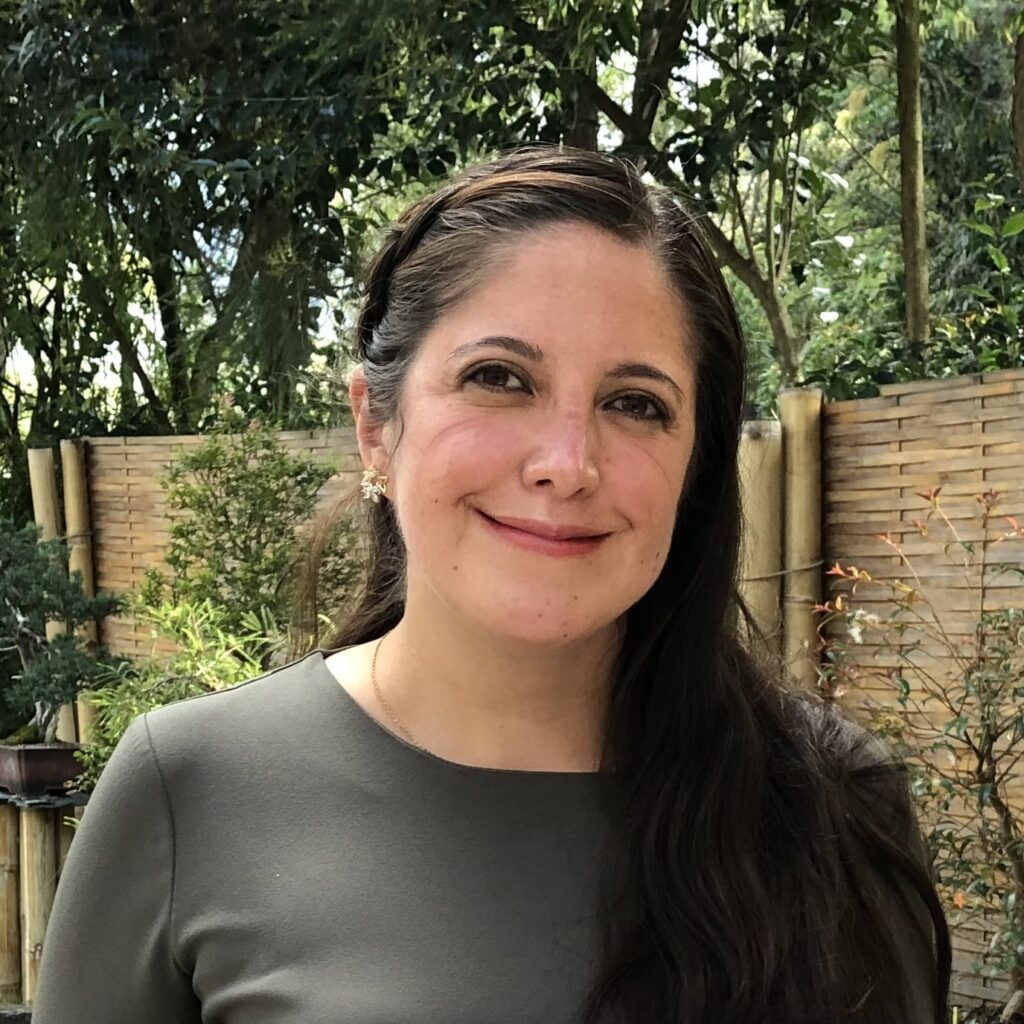
Carolina Montero is Aggregate Professor at Chemical Engineering Faculty- Universidad Central del Ecuador since 2015. She received her bachelor degree in chemical engineering in 2007 from Universidad Central del Ecuador and M.S. degree in 2009 and Ph.D. in 2015 in chemical engineering process and sustainable development from Basque Country University, Spain. She received scholarship from Fundación Carolina (Spain) and SENESCYT (Ecuador). Her research interests are focused on heterogeneous catalyst, adsorption and waste valorization.
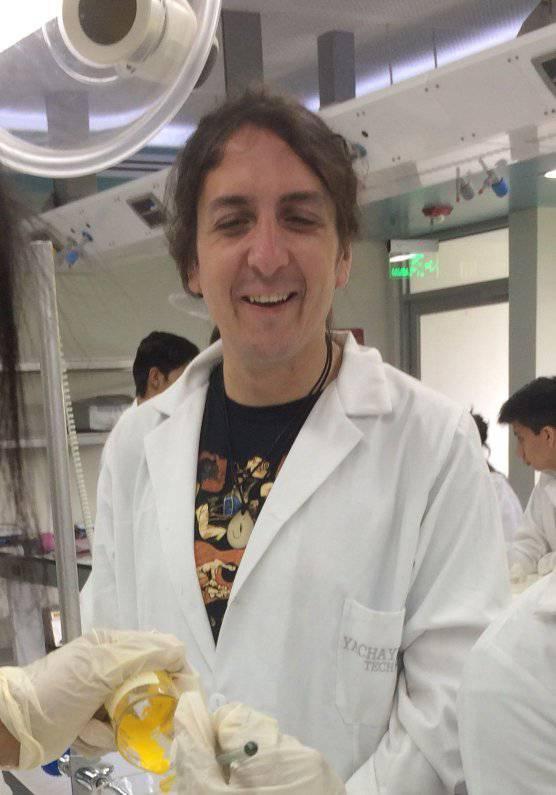
Thibault Terencio is a young scientist, mainly theoretical chemist but always keeping in touch with experimental chemistry. He obtained his B.Sc of molecular chemistry and his master in theoretical chemistry and physics in 2010 at the university Paul-Sabatier in France, prepared his PhD at Ecole Nationale Superieure de Chimie de Montpellier (ENSCM) in France where he used different methods, both theoretical (classical/quantum) and experimental (spectroscopic among others), in order to understand the adsorption of different Volatile Organic Compounds inside Metal Organic Framework structures. He then moved to Charles University in Prague, from 2015 to 2017, to do a post-doctoral fellowship about the study of reaction mechanisms involving different metals, mass spectrometry and catalysis in general. Since 2017, he moved to Ecuador and joined Yachay Tech University in December of the same year. He is particularly happy that his undergraduate students know/can use theoretical chemistry programs, and that some of them could incorporate a European master in this field. He is always up to new challenges and happy to discover new fields, believing in the benefits and interests that can arise from a wider view of science. In long term, he has the ambition to develop theoretical chemistry in Ecuador, and more particularly at Yachay Tech, hoping to convert it as one regional reference in this field.

Joaquín L. Brito started his scientific career in 1974 at Instituto Venezolano de Investigaciones Cientificas (IVIC), as undergraduate student. He got degrees of Licenciatura (B.Sc. in Chemistry, USB, 1978); Magister Sc (IVIC, 1982) and Ph D (IVIC,1986). Postdocs at IVIC (1987-1989) and Pittsburgh University (1989-1991). Professor of research at IVIC since 1991 until his retirement in 2018. Was Head of the chemistry center and head of several research groups, coordinator of graduate studies in chemistry. Directed 10 Ph D students theses, 12 M Sc and 42 undergraduate student projects. Since 2018 he is an Emeritus Researcher of IVIC and was Chancellor at Yachay Tech University (2018-2019). Currently is Professor-Researcher at Universidad Técnica de Manabí. Has published 281 papers, made about 500 contributions to scientific congresses and got the Fundación Polar Prize in 2011 and Best Scientific Work Prize from FONACIT (Venezuela) in 2013.

















